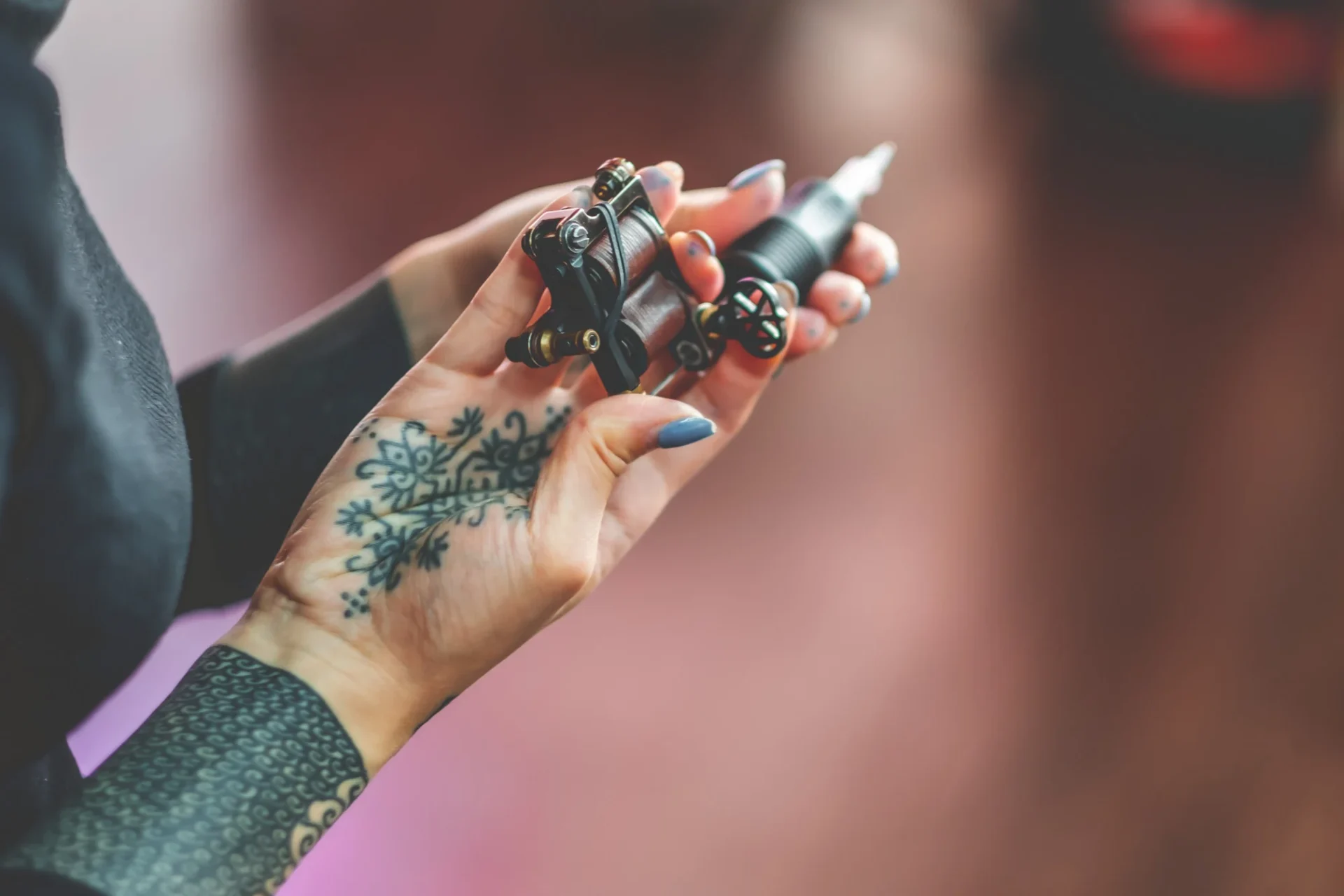In Guangdong, a province located in Southern China, a unique approach to dealing with Alzheimer’s disease has been initiated. Zhang, who owns three tattoo parlours in the region and is herself a tattoo artist, has come up with a novel solution to help patients suffering from Alzheimer’s disease – a progressive neurological disorder that leads to the deterioration of memory and cognitive functions. This innovative method involves tattooing contact details onto the bodies of the elderly patients who frequently become disoriented or lost. This service, she declared, will be provided free of charge at all three parlours.
Zhang announced her plan on July 9 via her Xiaohongshu social media account, stating her intention to offer this service permanently. According to her, tattooing contact details could be a more dependable alternative to the conventional help cards or medical alert ID bracelets that Alzheimer’s patients are typically asked to carry or wear. These traditional aids can be easily lost, or patients might remove them due to their altered mental state, making them ineffective during emergencies.
A respondent, who identified as a nursing home staff member, supported Zhang’s initiative. She highlighted in a comment left on a Gongfu Caijing news report that patients with severe Alzheimer’s often become uncontrollable and can easily discard their help cards or GPS watches. Despite acknowledging that tattooing might appear harsh, she pointed out its potential for facilitating immediate contact with the patients’ family members in case of a crisis.
Zhang’s inspiration came from other tattoo artists who adopted a similar approach. An instance from the previous year involved a tattoo artist from Shandong province in eastern China. After her 75-year-old grandmother was diagnosed with Alzheimer’s disease, the artist tattooed her own phone number on her grandmother’s arm. Similarly, a parlour owner from Zhejiang province reported that an octogenarian woman came in with her family to get her son, daughter, and grandson’s phone numbers tattooed onto her hand.
Underscoring the social value of her initiative, Zhang expressed her aspiration to make a meaningful contribution to society by utilising her professional skills. She insisted that she would only proceed with the procedure after obtaining consent from both the patient and their family. Zhang conveyed to Gongfu Caijing that some patients, when lucid, willingly agree to the procedure as a way to alleviate their family’s anxieties and burdens.
Following her viral social media post, Zhang has already offered this service to a handful of patients, and received over 40 enquiries for consultations. The reaction from netizens was largely positive, praising her act of charity. A small number of people raised concerns about the potential pain and distress the procedure might cause to the patients. A supposed medical worker pointed out that a tattoo might make veins less visible on the elderly, hindering medical procedures. However, another commenter countered, arguing that the transient pain from the tattoo pales in comparison to the distress of losing one’s way due to Alzheimer’s.
READ MORE:
